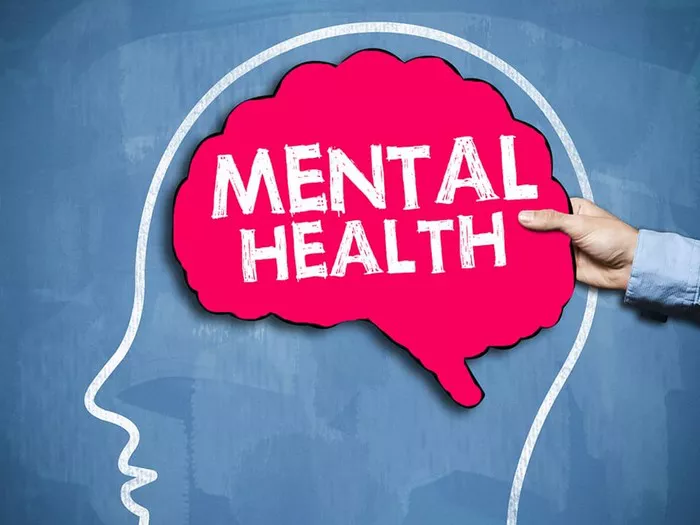UK’s Economic Case for Reducing Mental Health Waiting Times
A recent study from Lancaster University underscores the severe economic consequences of delayed mental health care in the UK. According to Prof. Roger Prudon, a one-month delay in treatment results in a 2% job loss among patients, with a potential annual economic impact of £1 billion due to increased unemployment and reduced tax revenue. Drawing on data from the Netherlands, the study emphasizes that reducing wait times by just one month could help 300,000 people in the UK annually, echoing the urgency of systemic reform.
Despite government efforts to reduce general NHS backlogs, mental health services remain sidelined. The charity Rethink Mental Illness revealed that people are eight times more likely to wait over 18 months for mental health care than for physical health treatments. The study argues that faster access to mental health services not only improves individual well-being but also significantly reduces public spending and boosts employment—a dual social and economic incentive for investment.
Arkansas’ $10 Million Plan for Crisis Care Infrastructure
Across the Atlantic, the University of Arkansas, in partnership with the Arkansas Department of Human Services (DHS), is spearheading a $10 million initiative to establish a coordinated mental health crisis system throughout the state. The program, led by Johanna Thomas, will launch a central Crisis Hub and a broader Crisis Continuum to serve children and adults statewide. Emphasis is placed on prevention, early intervention, and ongoing care, including targeted efforts for infant mental health, school-based behavioral services, and substance abuse treatment for pregnant and postpartum women.
Seven pilot sites—including Little Rock, Fayetteville, and Fort Smith—will roll out between late 2025 and mid-2026. These hubs aim to address a dire statewide need: Arkansas ranks as the least healthy U.S. state, with mental distress, suicide, and untreated mental illness at alarmingly high levels. In 2020, nearly 40% of adults reported anxiety or depression, and over 145,000 did not receive the care they needed.
Similar Problems, Complementary Solutions
Both the UK and Arkansas are responding to stark mental health realities through systemic reforms. The UK study provides a strong economic rationale: faster treatment can significantly reduce government costs while improving employment. Arkansas, while not yet focused on quantified economic impacts, is taking action with a holistic, prevention-first model and cross-sector collaboration, recognizing mental health as a foundation for public health and productivity.
Key Takeaways:
Economic Argument (UK): Reducing treatment delays can save £1 billion annually and keep thousands employed.
Public Health Infrastructure (Arkansas): A $10 million investment targets early and crisis intervention across seven regional hubs.
Shared Challenges: Both regions face rising mental health demands, workforce exits, and long waitlists.
Diverging Strategies: The UK leans on economic modeling to urge faster access; Arkansas invests in grassroots implementation and statewide systems.
As mental health needs continue to climb globally, these examples offer both urgent warnings and promising blueprints for other governments seeking to mitigate the financial and human costs of inaction.


